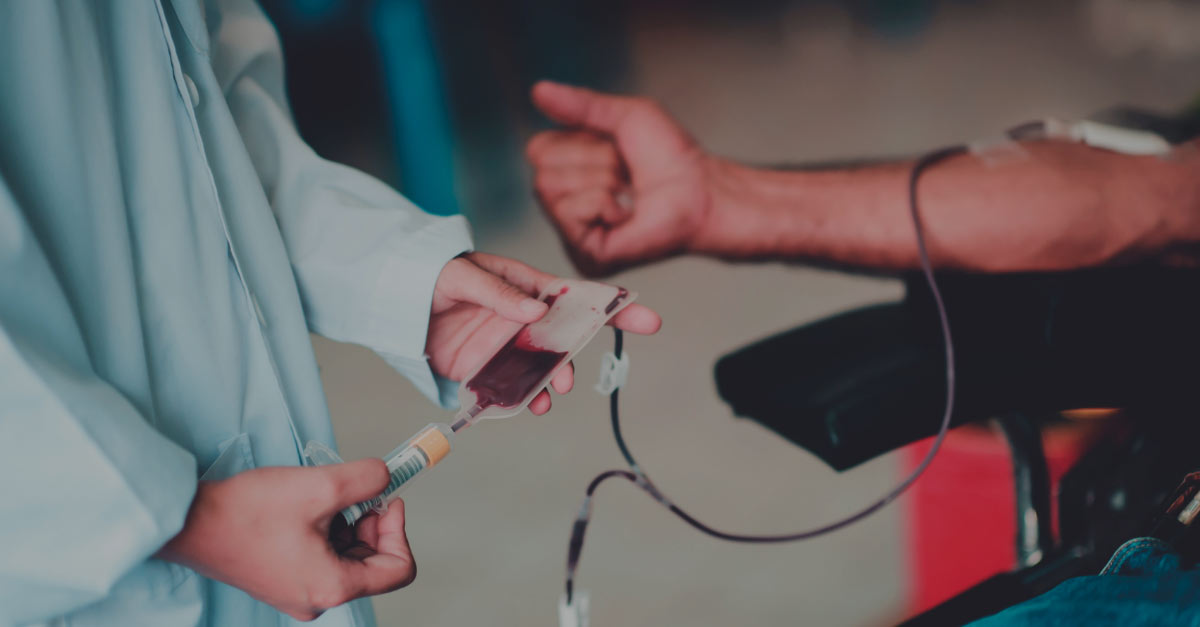What may be surprising to many of us is that thirty-one thousand blood donations are needed every week across Australia to help those in times of trauma, major surgery, cancer treatment, pregnancy, and a host of other situations! The fact is one in three Australians will need a blood donation within their lifetime.
While Australians demonstrated an astounding ‘emergency response’ and donated blood in record numbers last year as the COVID-19 pandemic hit – the Australian Red Cross Lifeblood services is experiencing a significant decline in donations compared to the COVID blood boom.
The fact is the Australian Red Cross requires a blood donation every 24 seconds. So as our youngest member of the Cube Team Louise headed down to the local donation centre for her first ever blood donation – the Cube team pondered on why just 3% of the Australian population actually donate – and what could possibly be done to increase donations notably among the younger generations?
There are a number of reasons people are unable to donate – and this is preventing a number of Cubans from doing our bit. Firstly, you must be aged between 18 and 75, weigh more than 50kg and be considered ‘healthy’ – that’s a tick for most of us – BUT: –
- You cannot donate blood within seven days of a COVID 19 vaccination.
- Or within 14 days of a flu vaccination.
- Or if you’ve had a tattoo in the last 4 months.
- Or if you were in the United Kingdom between 1982 to 1994 for six months or more.
- Or if you are a sex worker or gay man who has had sex in the last three months.
And that’s only the short list …
A fear around transmission of blood borne conditions like hepatitis and HIV unfortunately remains and prevents many from donating. A general lack of information heightens a these misunderstandings – even wtih some of the fundamentals such as the use of a clean, sterile needle for each and every donor!
There is an opportunity for health communications to bridge the gap and improve understanding of blood donations – particularly addressing the misconceptions and barriers young people face.
When it comes to the younger generation – research indicates there are a number of hurdles preventing them from donating blood. These include:
- Being afraid of feeling unwell
- Being afraid of catching a disease
- Being afraid of blood/ needles
- Fear of fainting
- The main reason young women don’t give blood is poor information
- For young men it’s actually laziness!
https://www.ncbi.nlm.nih.gov/pmc/articles/PMC3258989/
So how can we encourage younger Australians to get on board and commit to giving blood on a regular basis?
As communicators we were not surprised to hear the study found simpler, clearer messages that resonate with younger people and ‘make them think’ is essential to motivate them. In addition, it found talking to someone who has already given blood is the most effective way to inform people about donating.
For Louise – “the experience was quick, just 45 minutes and wasn’t painful or scary in any way.” She also felt very proud she had given her first blood donation – knowing every single donation helps save up to 3 lives. The bonus was also getting to know more about her blood type!
Encouraging younger Australians to actively donate blood and plasma is incredibly important. So, for Blood Donor Week we really encourage you all to get active in your discussion with everyone around you but particularly the younger generations – your sons, daughters, nieces, nephews, interns and graduates. Reassure, educate and motivate our up-and-coming generations to donate! It’s a simple but very rewarding commitment – that will save lives!


